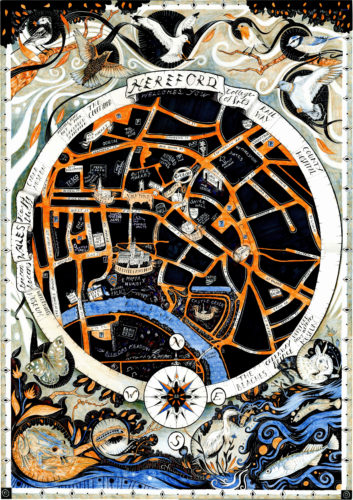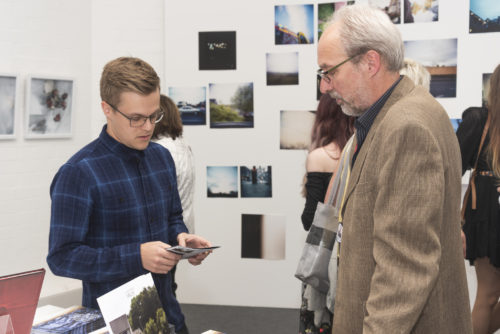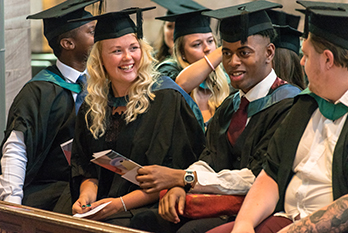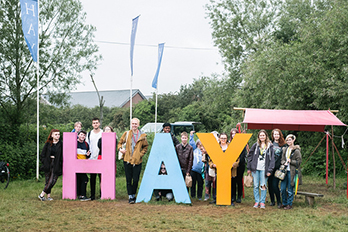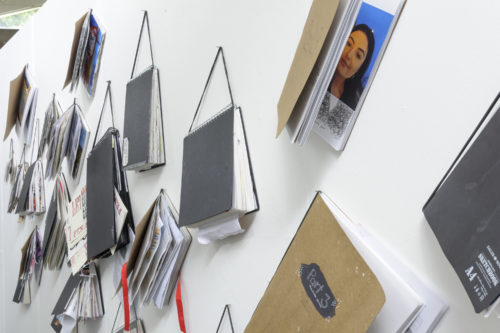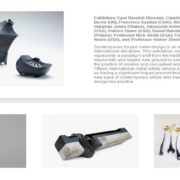Academic Reading Workshops : exploring purpose and process
Published on 06.03.17
Huge thanks to the students who joined Fenella and myself on Monday 20th and 27th February to discuss purpose and process when we read academic texts. The project involves use of an academic reading strategy that Fenella, a specialist lecturer, produced as part of her post-graduate portfolio of work. The strategy breaks down
Categories

Huge thanks to the students who joined Fenella and myself on Monday 20th and 27th February to discuss purpose and process when we read academic texts.
The project involves use of an academic reading strategy that Fenella, a specialist lecturer, produced as part of her post-graduate portfolio of work. The strategy breaks down the processes a ‘skilled reader’ would use to decode and use a difficult text, enabling a process of scanning that insists the reader chooses whether to continue reading (or not) based on how useful they find the text to their given purpose.
Comments from the participants at the workshops were very interesting, particularly from some students with dyslexia who felt that they spend a great deal of time reading academic texts from cover to cover because they have been asked to do so, but don’t always find the ideas in the books useful beyond a kind of ‘hoop-jump’ exercise.
This, of course, is not the point of academic reading, nor of HE study in general and will not support the kinds of independent, self-efficacious learning that are needed not just for L6 study but to thrive in the fluid environment of the 21st century. It can be argued that we all need to become researchers in order to keep our professional practice intact. And this might require a different kind of reading to the sorts of reading we practice for pleasure, or in the more general world of post-16 education.
Research to solve problems involves reading for ‘use’ value; reading to inform and support ideas that can be then mobilised to help support our work. This is not to deny the importance of reading certain texts cover-to-cover and engaging with ideas in a meaningful, reflective way; I am sure that we all have ‘go-to’ texts that inform our practice. Rather, it suggests that we need to be aware of our own process in reading so that we can manage our time effectively and, importantly, enjoy how reading helps us put knowledge to use in different situations.
For me, I think that is one of the truly exciting things about Fenella’s strategy as it breaks down and makes a process apparent. She is very clear in her requests to learners using the strategy that they can adapt it, amend it to their own ends – create their own process.
I am looking forward to catching up with participants later on in the semester to carry out the ‘research’ bit of the project; find out if they have used the scheme, and, if so, how effective they found it (and if/how they changed it).
You can find out more about the academic reading scheme here.


